|
In 1992, Asperger’s wasn’t even recognised. It wasn’t until 1994 that it became a recognised disorder. Due to this, it was not widely known. Consequently, many people were not diagnosed and did not receive the help that they needed early in their life. Some, like my son, with High Functioning Asperger’s, slipped through the cracks. My eldest, Brandon, was diagnosed with High Functioning Asperger’s Syndrome at seventeen. Bright, clever, he would chat to anyone. I remember having proper conversations with him at two. He could recite his ABC’s and count to ten. He was a sponge, soaking up information all the time. At five he had moved from picture books to encyclopedias and exploring space via the Space Hubble Telescope (his favourite book at the time), and we were conducting science experiments in the kitchen. The closest thing we got to a story book was The Magic School Bus series. He was always running off and exploring. I taught him to say his name, address and phone number, just in case he did become lost and I couldn’t find him. Luckily I did. As a toddler I had to be careful what I said to him. One time on a walk he asked what a sign we passed meant. It was a Safe House sign. I told him that if he ever got lost, that he should find a house with that sign, tell them his name and his address, and they would bring him home. The very next day he went outside to play while I got the washed clothes out of the machine and into the basket to take them outside to hang up. The next thing I know there is a knock at the front door. A man was standing there with my two year old son in his arms. It was the guy from the Safe House. “Is this boy yours?” I was dumbfounded. My heart was in my mouth. I was only a couple of minutes and he had climbed the fence, and run around the corner to the Safe House. Even now, twenty years on, I can remember the surprise of the man, that this little kid actually knew his name, address and phone number. And that he found the safe house all by himself. As for me, I can still remember freaking out inside, yet smiling and thanking the man for bringing Brandon safely home. I learnt early on, that yelling never worked. I asked Brandon why he had climbed the fence. He said that he wanted to see if what I told him the day before worked. Now he knew that it did, he wouldn't do it again. Looking back, this showed me early on what Brandon was, and is like. I learnt from then on to place boundaries. I had to make sure that I encompassed the entire area, or he would just keep going. He would take things literally. As I didn’t have anything to do with other children before having my son, and only briefly at playgroup and kindergarten, I didn’t know what was considered ‘normal behaviour.’ Except of course, if it was misbehaviour. It was when he started school we really noticed the difference in his behaviour compared to other children's. Often, of course, this was brought to my attention by teachers... and my son. “Why can I talk to the grade six’s and not kids my age?” Would be one thing Brandon would ask. From six his nickname was “The Professor,” because he knew so many facts about subjects his peers didn't know or were even thinking of... like space. Brandon is now twenty three years old. He completed year ten at school and was unable to go further due to suffering crippling anxiety and panic attacks. He is intelligent and very articulate. He can focus for hours and learn new things. He moved out of home when he was eighteen and a half. He is living with his girlfriend of nearly two years. He has recently started his own YouTube Channel (more about that later), and he loves to cook. Children with Asperger syndrome “Children with Asperger syndrome will have many behaviours that are similar to those seen in children with autism. However, those with Asperger syndrome will have no history of language delay, have better fundamental language skills and will generally be of average to above-average intelligence.” People with Asperger syndrome may experience:
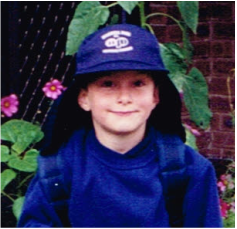 What were some of your struggles when you started primary school? It is often said that people say that people with Asperger's feel alien. Sometimes this is due to seeing their differences. I certainly did. Kids my age (five and up) and often older, would act differently to me. Feeling alien to me didn't go so far as the way the acted differently to me. Often times due to the way I acted or spoke, I wouldn't be accepted into social groups or have any friends. Even teachers were guilty of this. I would finish my work quickly and then sit there bored. Usually this would lead to me disrupt and distract others and this would lead to me getting into trouble. What are some of the things that helped you at primary school? There were some teachers that recognised that I was a bit more advanced then my peers and would find further work for me to do. My prep teacher was good like that. My years 4, 5 and 6 teachers were good like that too. My year 4 teacher recognised my love of science and recognised my capacity to understand and that I wanted to find out about the world and put into his teaching a lot of science. Which was great for me. He also got me into a holiday extension program as well. My passion for science and research and finding out how things work has kept with me until this day. What were your greatest challenges at primary school? People. People have always been my greatest challenge. I don't understand them. Others just understood eye contact and other social norms. I never got it. So I usually ended up offending them. So sometimes I ended up getting punched in the face. 'Boys will be boys,' were the usual comments from teachers at the time. Or I’d get into trouble for bugging the other kids by doing annoying things to them. They would get really mad and I wouldn’t understand why. Was high school more difficult than primary school? If so, in what ways? Puberty set in. This created some difficulties. Young guys generally are bad at talking to girls. Couple that with someone who can't understand people in general. Bad things will happen... or hilarity. Depends on your point of view. Me. I was mortified. Everyone else laughed. I was the running class joke. School work got more difficult. The work wasn't the issue. It was fact that I have poor time management skills and time pressure of assignments. And the fact that I was so different from everyone. And as humans, being the way they are, anything different needs to be bullied. 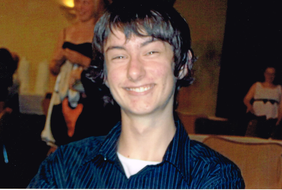 How did it make you feel when you were at school and you knew that some things just went right over your head? It made me feel stupid. I could understand maths, science and physics, my favourite subjects. But when it came to people... I could never figure them out. What are some of the things that teachers did that helped you at high school? In high school I didn't have teachers that helped. Class sizes were too big for them to worry about organising extra work for one student. As usual, I'd finish my work quickly and end up disrupting the class again. It wasn't until I reached year eleven, that I couldn't cope with school anymore. I ended up pulling out after only a few weeks. My anxiety was getting really bad. I was getting panic attacks regularly. The crowds at school and on the bus would freak me out. I felt exhausted. The next year I went to a new school to try year 11 again. It was here, within six weeks, that the learning coordinator suggested that I may have Asperger's and I went to get diagnosed. That school was really helpful. I could get out of class earlier so that I could get to my next class before the halls got full. They gave me extra work. It challenged me. There were a lot of people there with Asperger’s, so the teacher and learning support team were very understanding. The only reason I ended up not being able to finish was that, because I didn’t get the help I needed earlier on, my anxiety levels were through the roof and I couldn’t cope with school anymore. 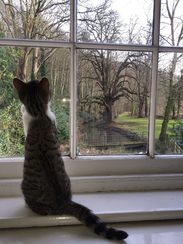 So you went to get diagnosed. What book did the psychologist, who was doing the testing, give you to read in the waiting room? All Cats Have Asperger's by Kathy Hoopmann, a children's picture book. What did you think of it at first, and then after you had read it? I felt insulted, funnily enough. But I read it and identified that everything in it made sense. Every word that dripped off the page said, 'This is me. I am a cat.' I don’t like change. I like routine. I feel like I don’t fit in anywhere. I like to be myself, or in very small groups, and I don’t like crowds. I hate loud noises and bright lights. How did you feel after being diagnosed? Initially I was very unsure. The world hadn't changed. I hadn't changed. I just had a name for the way I am. I did take advantage of it (having Asperger's) for a while. But I learnt that it was not going to work. I had to change my behaviour. After a while I came to realise that it was an explanation for the reason I am the way I am, and why I am so different from most other people. It helped me understand myself and I also found out what the different behaviours etc. that I had to learn. So that answers my next question. Were you ever bullied at school? Oh yeah! I have the scars and mended broken bones to prove it. Did you tell anyone about what was happening? No, I didn't. I took everything literally. For example, if someone said, 'If you tell anyone, I will kill you." So I would not tell anyone as I did not want to die. I really did think that he was going to kill me.  What has been the ongoing effects of what you went through? Post-Traumatic Stress Disorder (PTSD). If there are certain sensations on my skin, I can't speak. If someone gives me a playful tap on the shoulder for instance, it will cause me to have flashbacks of getting punched. I have to tell myself that the person didn't mean it. Other things are my ribs still hurt and my shoulder, I lost count the amount of times I got punched and kicked over the years at school. Do you understand what people are talking about, especially when it comes to jokes and interpreting facial expression? I've had to work at it. I've had to learn what facial expression goes with their reaction and emotions or how to react to body language and tone of voice. Then I've had to learn what to do in various circumstances when the person doesn't act the way that fits in with those parameters... but usually I just avoid those sort of people. You have tried to complete further education since leaving school but have been unsuccessful. What, specifically, have been the main issues that have hindered you from completing these courses? I tried two courses online. I need a physical classroom to go to during a specific time, with a teacher that understands my needs. I need routine. I also need a small classroom and not to many people. It needs to be fairly quiet. Even just the rest of the environment needs to be not crowded. So no crowded hallways. I used to make a joke that was true though at the time. The ideal school would be one where there are no other kids. Just routine, structure, quiet. You have been through periods of depression and having suicidal thoughts since you were fifteen. You are now 23 years old. What have kept you going through each dark patch? The support of the people around me. It kept me going, and reminding me that I am loved and that I have a lot to offer. I got the professional help that I needed as well. Can you share an experience that shows how having Asperger’s affects you in everyday life? I could be walking through a Shopping Center. I look at everything and everyone. I get overwhelmed by the details I see. It's because I notice everything and I can't switch it off. What were some of your favourite books when you were a child? The Hubble Space Telescope, and the Artemis Fowl series – which is still my favourite - as it was interesting world that Eoin Colfer created. What would you tell your ten year old self? People are not as scary, complex or daunting as they may seem. They have patterns the same as you do. Some parents are concerned about having their child labelled-Whether it may be with Asperger's, A.D.D., Dyslexia etc. What would you say to them? If there is sufficient reason to say how they act is within the symptoms of those disorders, it can be very helpful for them (the child) to know why they act the way that they do, and why their brain is the way it is. They will also be able to have better access to the most appropriate help that they need. This will help them in the long run so that they can learn way earlier than I did, how to cope with situations, and also what their needs are and how to help them to prepare for social situations, school, work, and adulthood. It helps parents, the school, teachers, and employers as well. What, would you say, are your strengths? I can research the daylights out of a subject. The other thing is the ability to focus on a single task for hours, as long as I have proper guidelines in place. What do you enjoy doing now? Same thing that I have enjoyed for a lot of years... with a twist. As an avid gamer and lover of space, I play a game called Elite: Dangerous and I film while I'm playing and I give commentary as well. If you want to, you can check it out on my YouTube Channel – Outer Rim Colonists. (Warning: M rating) Update: February 2017. Brandon has enrolled in a TAFE course in Mechanics, and he is undertaking work placement in a local mechanics workshop. Three fun facts: Growing up I wanted to be a pilot. I have three piercings – eyebrow and ear. I have always had a fascination with dragons. I hope that Brandon sharing his story with you has shed some light on what it is like living with Asperger's. Please just remember that this is his story. Everyone on the Autism Spectrum is different, with their own unique set of symptoms.
Feel free to share your stories, comment or contact me via email. For further information please check out the Tony Attwood website. Professor Tony Attwood is a clinical psychologist known world wide for his knowledge of Aspergers Syndrome.
10 Comments
|
AuthorOn my blog you will find: Categories
All
Click to set custom HTML
|
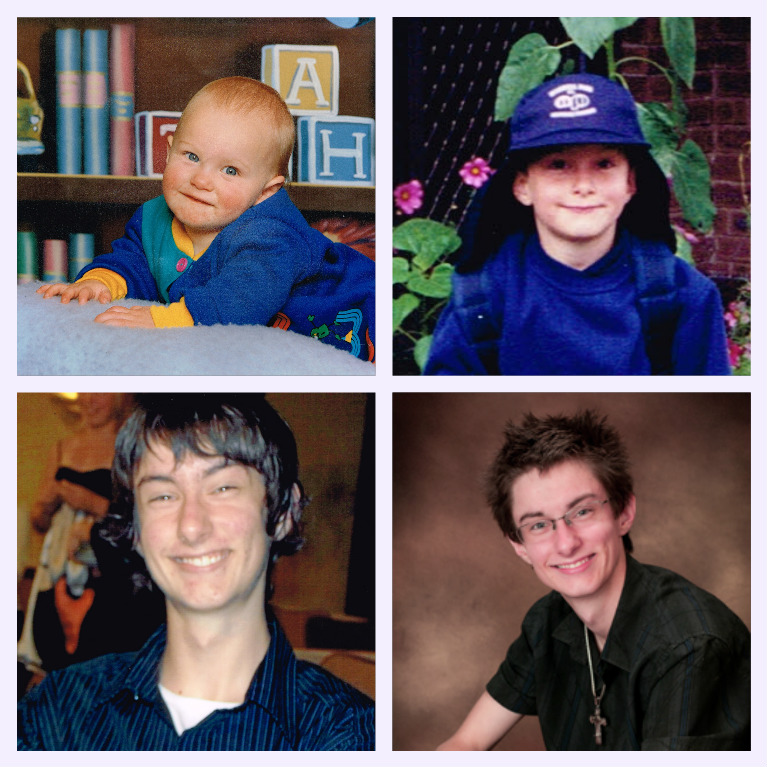



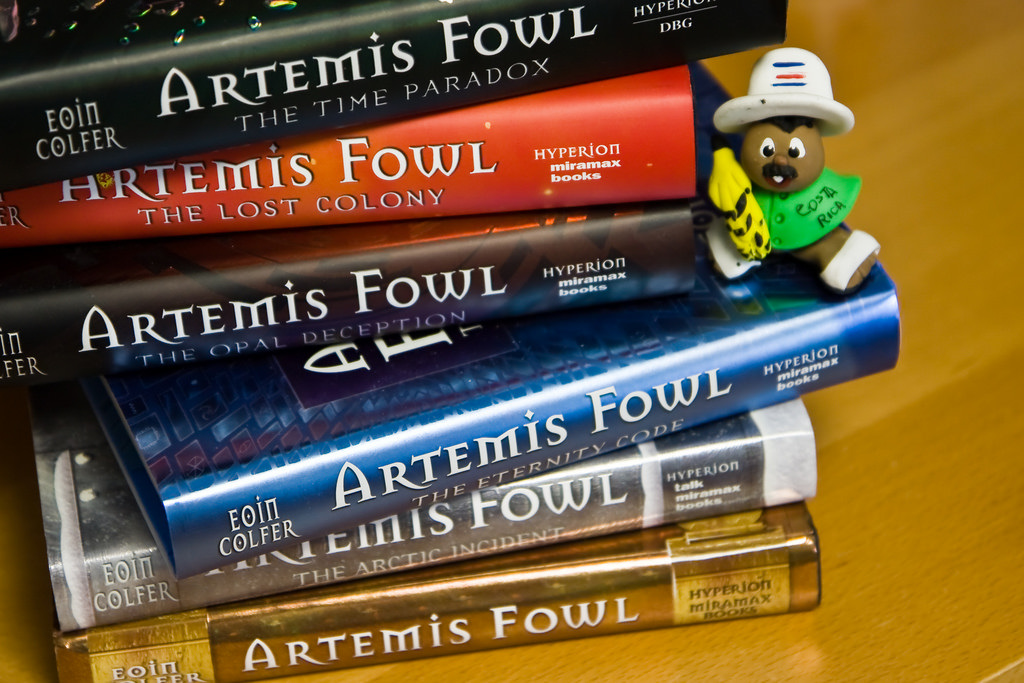
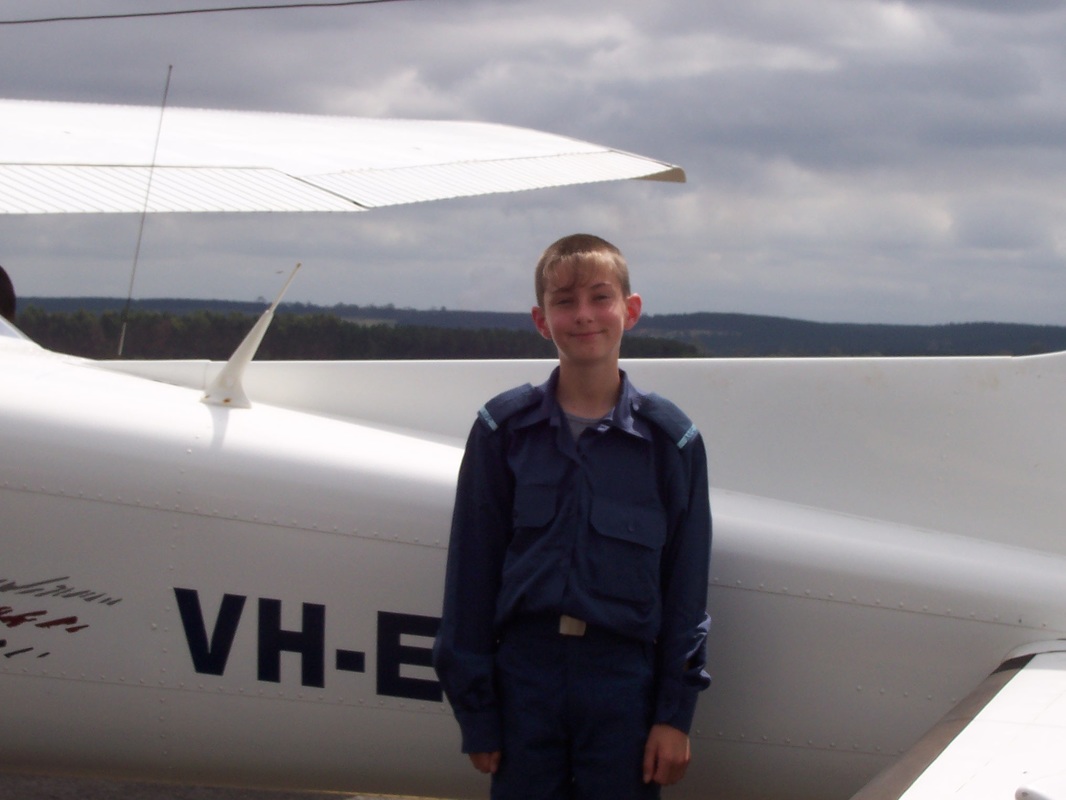
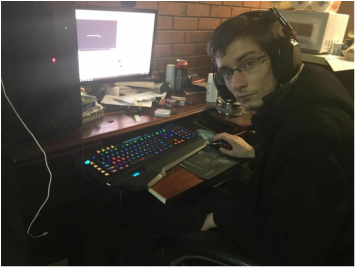
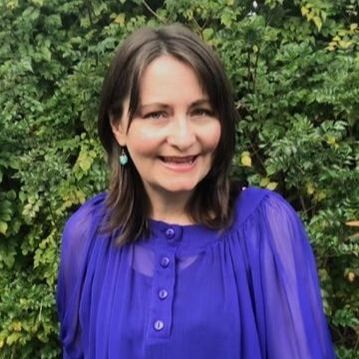
 RSS Feed
RSS Feed